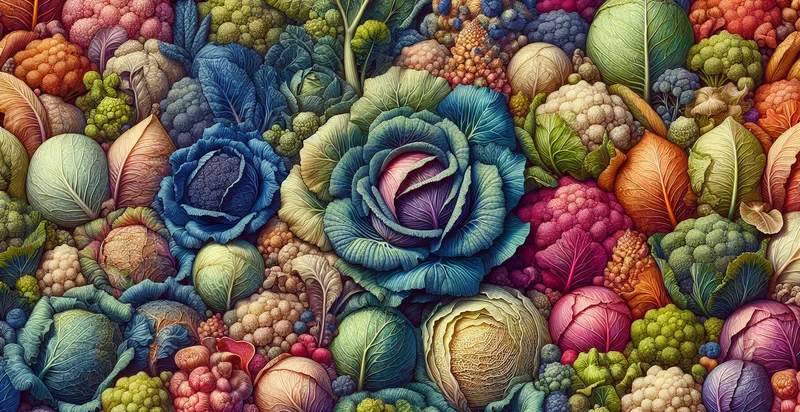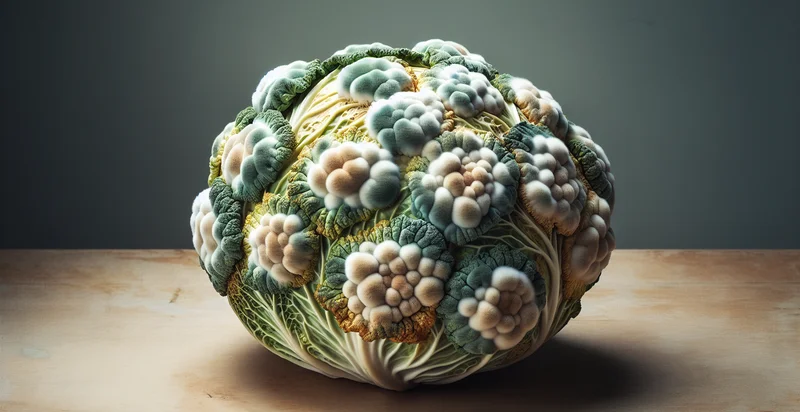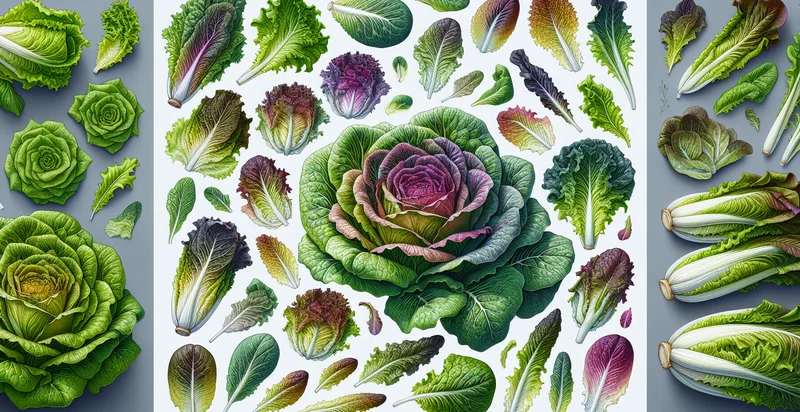Identify cabbage species
using AI
Below is a free classifier to identify cabbage species. Just upload your image, and our AI will predict what species of cabbage it is - in just seconds.

Contact us for API access
Or, use Nyckel to build highly-accurate custom classifiers in just minutes. No PhD required.
Get started
import nyckel
credentials = nyckel.Credentials("YOUR_CLIENT_ID", "YOUR_CLIENT_SECRET")
nyckel.invoke("cabbage-species", "your_image_url", credentials)
fetch('https://www.nyckel.com/v1/functions/cabbage-species/invoke', {
method: 'POST',
headers: {
'Authorization': 'Bearer ' + 'YOUR_BEARER_TOKEN',
'Content-Type': 'application/json',
},
body: JSON.stringify(
{"data": "your_image_url"}
)
})
.then(response => response.json())
.then(data => console.log(data));
curl -X POST \
-H "Content-Type: application/json" \
-H "Authorization: Bearer YOUR_BEARER_TOKEN" \
-d '{"data": "your_image_url"}' \
https://www.nyckel.com/v1/functions/cabbage-species/invoke
How this classifier works
To start, upload your image. Our AI tool will then predict what species of cabbage it is.
This pretrained image model uses a Nyckel-created dataset and has 15 labels, including Bok Choy, Brussels Sprouts, Cabbage Head, Cabbage Palm, Chinese Cabbage, Compact Cabbage, Curling Cabbage, Green Cabbage, Kohlrabi and Loose Leaf Cabbage.
We'll also show a confidence score (the higher the number, the more confident the AI model is around what species of cabbage it is).
Whether you're just curious or building cabbage species detection into your application, we hope our classifier proves helpful.
Related Classifiers
Need to identify cabbage species at scale?
Get API or Zapier access to this classifier for free. It's perfect for:
- Crop Monitoring: Farmers can utilize the cabbage species identifier to monitor the health and variety of cabbages in their fields. By quickly identifying specific species, they can tailor care strategies, including pest control and fertilization, to maximize yield.
- Quality Control: In vegetable processing plants, the cabbage species identifier can streamline quality control by ensuring only the desired species of cabbage is processed. This reduces product waste and helps maintain brand reputation by ensuring quality and consistency.
- Supply Chain Management: Distributors can leverage the identifier to ensure that the correct cabbage species is supplied to retailers. This helps in reducing errors in order fulfillment, ensuring customers receive the right products they expect.
- Research and Development: Agricultural researchers can use the classification function to study diverse cabbage species and their traits. This facilitates breeding programs aimed at improving disease resistance, yield, and environmental adaptability.
- Educational Tools: Schools and agricultural training centers can employ the cabbage species identifier to educate students about different cabbage varieties. This interactive tool can enhance learning experiences in botany and agriculture classes.
- App Development: Mobile app developers can create applications that provide gardening enthusiasts with an easy way to identify cabbage species. Users can gain insights into growing conditions and care tips tailored to the specific variety identified.
- Market Analysis: Market analysts can utilize the identifier to gather data on the prevalence of different cabbage species in various regions. This information can inform marketing strategies and identify consumer preferences, aiding in product development and promotion.


